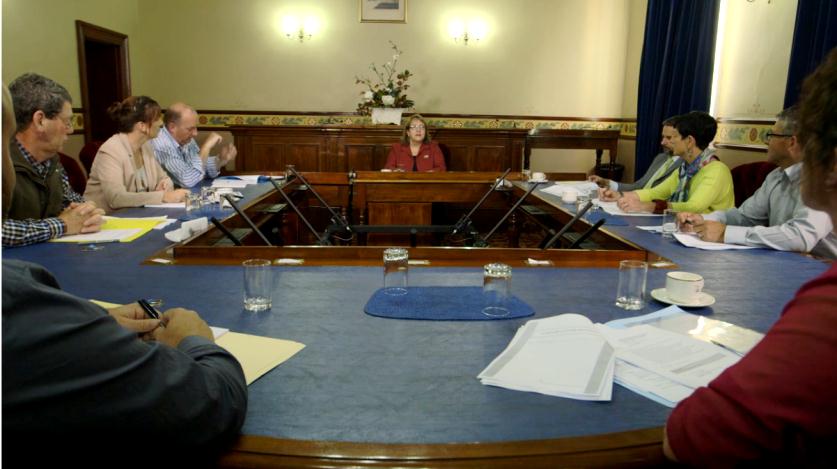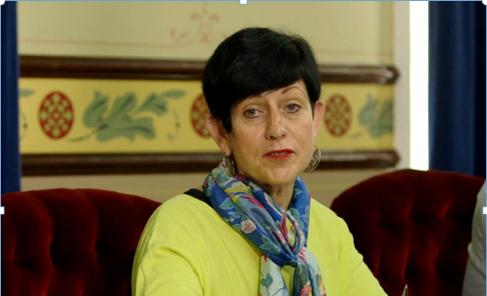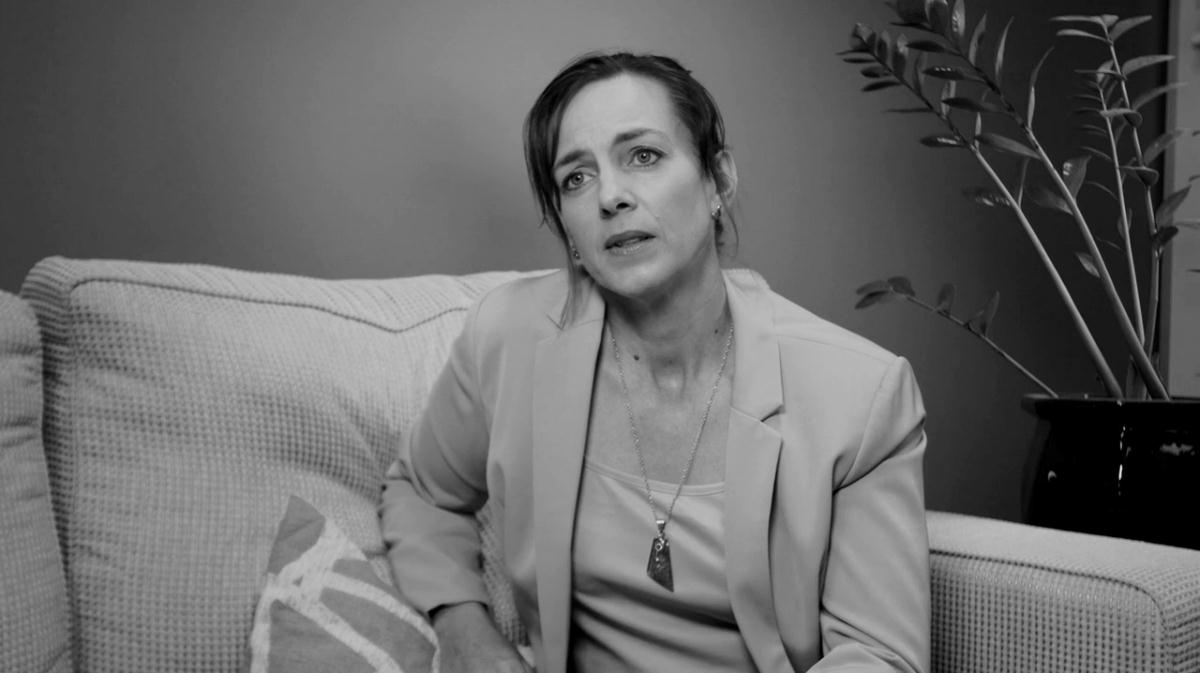
Divisions
- About Tasmanian councils
- The Government’s response to the Future of Local Government Review
- Local Government Electoral Bill Discussion Paper
- Priority Reform Program Consultation – Discussion Paper on Targeted Amendments to the Local Government Act 1993
- The Future of Local Government in Tasmania
- Board of Inquiry - Dorset Council
- Managing conflicts of interest of councillors
- Councillor misconduct - Consultation
- General manager recruitment and Performance Monitoring
- Local Government Learning and Development Framework
- Councillor Resources
- Council performance
- Local Government Legislation and Reviews
- Cemetery, Crematorium and Prescribed/Regulated Business Management
- Complaints and Investigations
- Elected Member Unreasonable Conduct - Model Guidelines
- Unreasonable Customer Conduct - Resources for Councils
- Local Government Code of Conduct
- Premier's Local Government Council
- Local Government Board
- Tasmanian Council directory
- Local Government Elections 2022
Contact Details
By phone
Find the number of a specific division or office to contact them directly or call Service Tasmania on 1300 135 513.
Our staff
Use the Tasmanian Government Directory to find staff contact details
Social media
Follow our social media accounts to keep up to date with specific programs and initiatives.
Scenario 1 overview - In whose interest?
Scenario aim
This scenario looks at conflicts of interest that may arise for Tasmanian councillors.
A conflict of interest may occur when a councillor has two or more interests which conflict with one another. Interests might include:
- financial interests (or pecuniary interests)
- other interests which do not involve money (non-pecuniary interests)
The scenario is set in the fictional 'Sunnyview Council' and explores:
- when councillors should declare an interest
- when councillors should step out of a council meeting (or council committee meeting)
- a councillor's obligation to put community interests first
The councillors' actions in the scenario are not necessarily all 'wrong' but are a little 'grey' to encourage thought and debate.

Ethical issues and points to consider
Councillors are required to make decisions on a wide range of issues. The personal or private interests of councillors may affect their ability to remain unbiased and conflict with their responsibility to impartially represent their community.
Conflicts of interest can arise as a result of:
- family connections
- financial investments
- business relationships
- official roles in community organisations
While there is nothing inherently wrong with having a conflict of interest, all conflicts must be appropriately managed.
Rules about pecuniary and non-pecuniary interests
The rules about pecuniary conflicts of interest are set out in Part 5 of the Local Government Act 1993 (the Act).
The rules about non-pecuniary conflicts of interest are set out in a council's code of conduct.
Councillors should primarily refer to these resources for guidance. Links to additional information are provided below.
Scenario analysis
What ethical issues were raised in this scenario?
The video explores whether the private interests of the councillors in the council meeting constitute conflicts of interest that need to be managed through processes set out in the Act (pecuniary interests) or the council's code of conduct (non-pecuniary interests).
The video provides an opportunity for training participants to discuss whether the councillors concerned take the correct action in relation to participating in, or stepping out of, the discussion in the meeting.
Councillor Baker

Councillor Baker implies that he may have had a pecuniary interest in the decision on the road upgrade because of a potential financial benefit to his bed and breakfast business. This would be dependent on the facts and circumstances of the particular matter under discussion.
Part 5 of the Act outlines councillor obligations if a financial benefit or detriment to 'be received or likely to be received' by a councillor or a close associate will result from a council decision.
If Councillor Baker considers that he is likely to have a pecuniary interest in a matter, he should seek further advice prior to the meeting.
During the meeting, if he has (or may have) a pecuniary interest, he should:
- declare that interest before the item is discussed
- leave the meeting for that item, prior to any discussion or vote
- advise the General Manager in writing within 7 days of the declaration (which the General Manager will record in a register)
If Councillor Baker considers that he does not have a pecuniary interest, he may still need to consider whether he has a non-pecuniary interest, (a predisposition or bias toward a certain outcome based on a personal or private interest, including a relationship) under the council's code of conduct.
Councillor Jenkins

Councillor Jenkins utilises the road, in common with other road users. It is unlikely that she has a private interest that would constitute either a pecuniary or non-pecuniary conflict of interest.
Councillor Martin

Councillor Martin declares an interest, but does not provide enough information in the council meeting to enable a determination of whether his 'interest' is a pecuniary or non-pecuniary interest.
A declaration of a pecuniary interest would need to be managed in accordance with the process under Part 5 of the Act.
Alternatively, if he is declaring a non-pecuniary conflict of interest, he should step out of the discussion if, upon considering his own position, he believed that a reasonable person would consider that it was appropriate to do so.
Councillor Martin needs to be aware of his obligation to carry out his responsibilities as an elected member when participating in council decision-making processes. The fact that a decision may be controversial or unpopular is not a reason to remove himself from processes.
Councillor Roberts

Councillor Roberts raises concerns that she has a conflict of interest because her mother owns property in the area. Again, this would be dependent on the facts and circumstances of the particular matter under discussion.
While Councillor Roberts’ mother would be considered a 'close associate' under section 48 of the Act, she would only have a pecuniary interest if her mother would, or would be likely to, receive a financial benefit or detriment from a particular outcome of the council's decision.
Councillor Roberts could have a non-pecuniary conflict of interest under the council's code of conduct if she has a predisposition or bias toward a certain outcome based on a personal or private interest (including a relationship).
It is important that Councillor Roberts recognises that her obligations under the Act and code of conduct must take precedence over her desire to participate in the meeting to ensure a quorum.
Councillor obligations
Councillors have an obligation to make decisions impartially and in the best interests of the community as a whole.
Participation in decision-making with a conflict of interest impacts on council processes and the community's trust in those processes. Breaching a pecuniary or non-pecuniary interest requirement may include sanctions imposed by the Director of Local Government or the Code of Conduct Panel.
Resources and related information
Councillors should refer to the following resources to help them manage their conflicts of interest:
- Compliance - Pecuniary interest; Misuse of office; Misuse of information - Information sheet Local Government Division 2018
- The Local Government Act 1993
- The Local Government (General) Regulations 2005
- The Local Government (Meeting Procedures) Regulations 2005
Councillors should also seek advice from their council's general manager or mayor and refer to their council's code of conduct.
More information
For more information, contact the Local Government Division:
- phone 03 6232 7022
- email lgd@dpac.tas.gov.au
